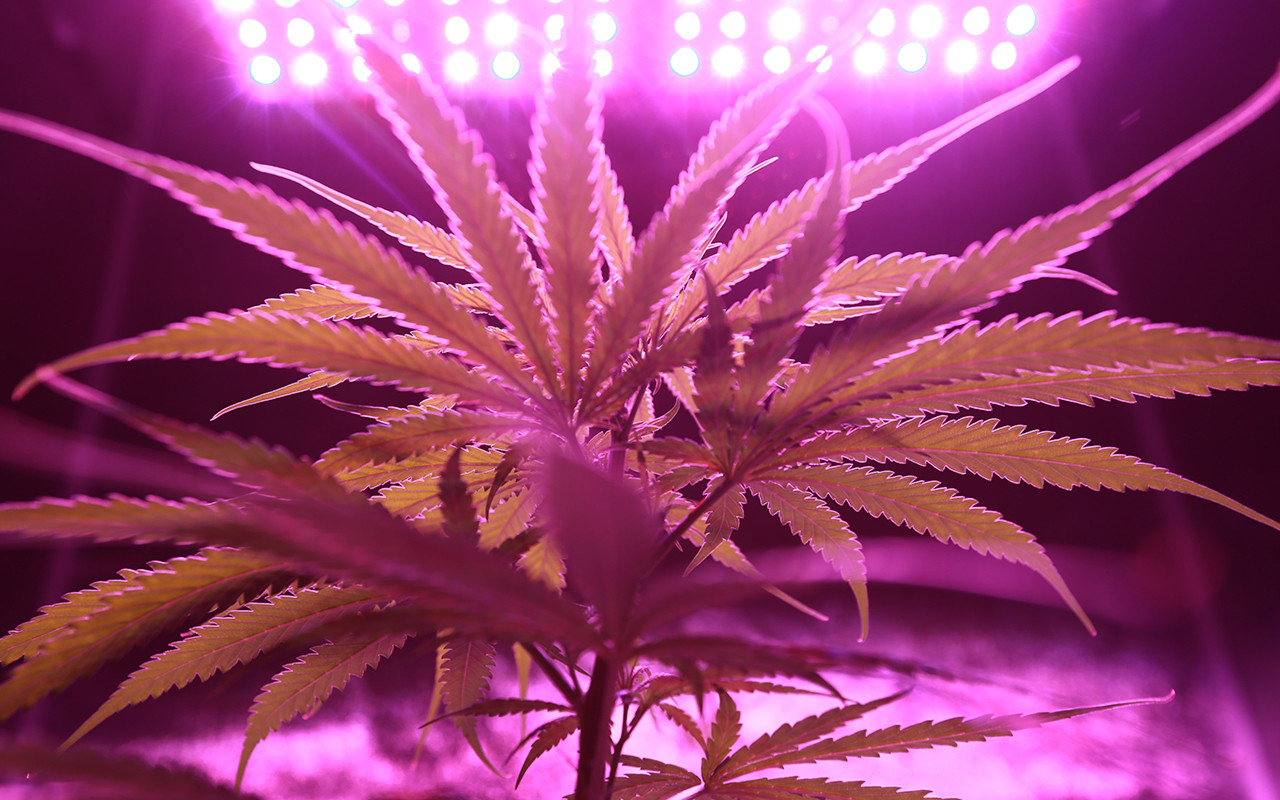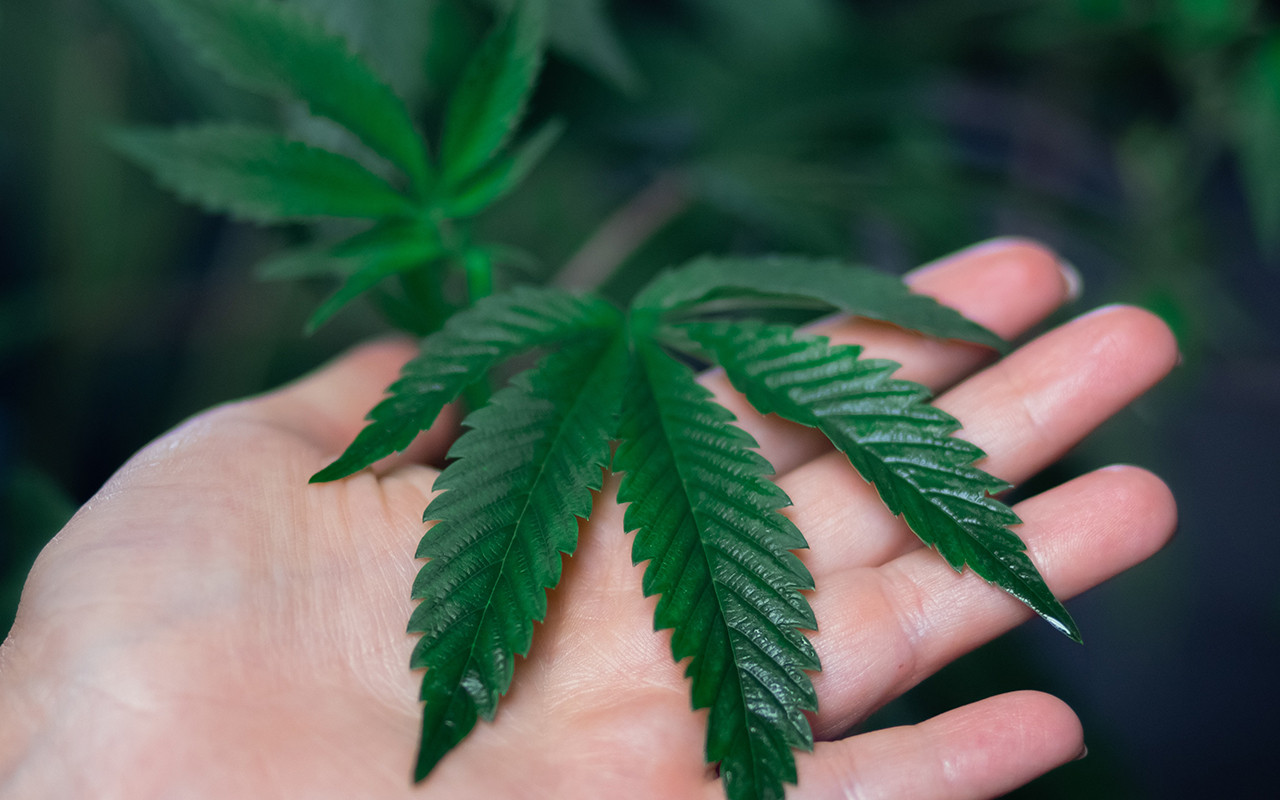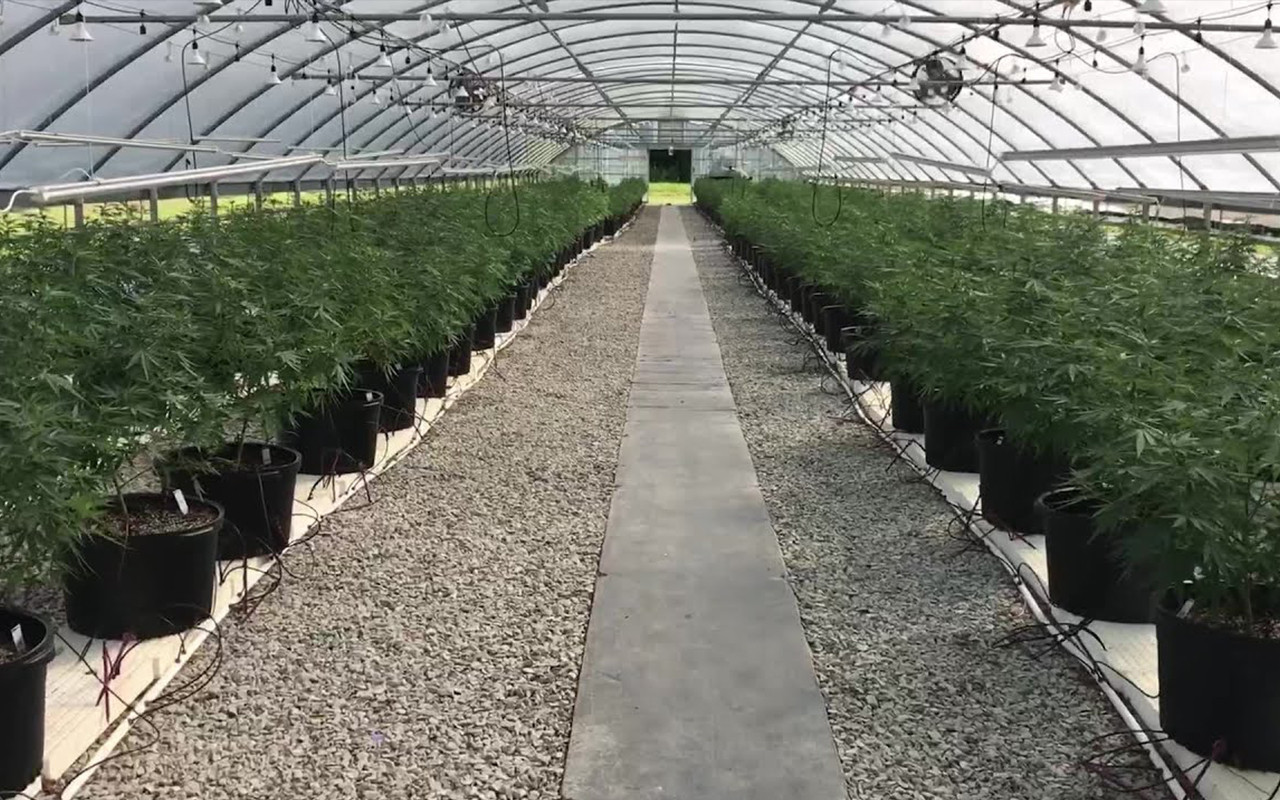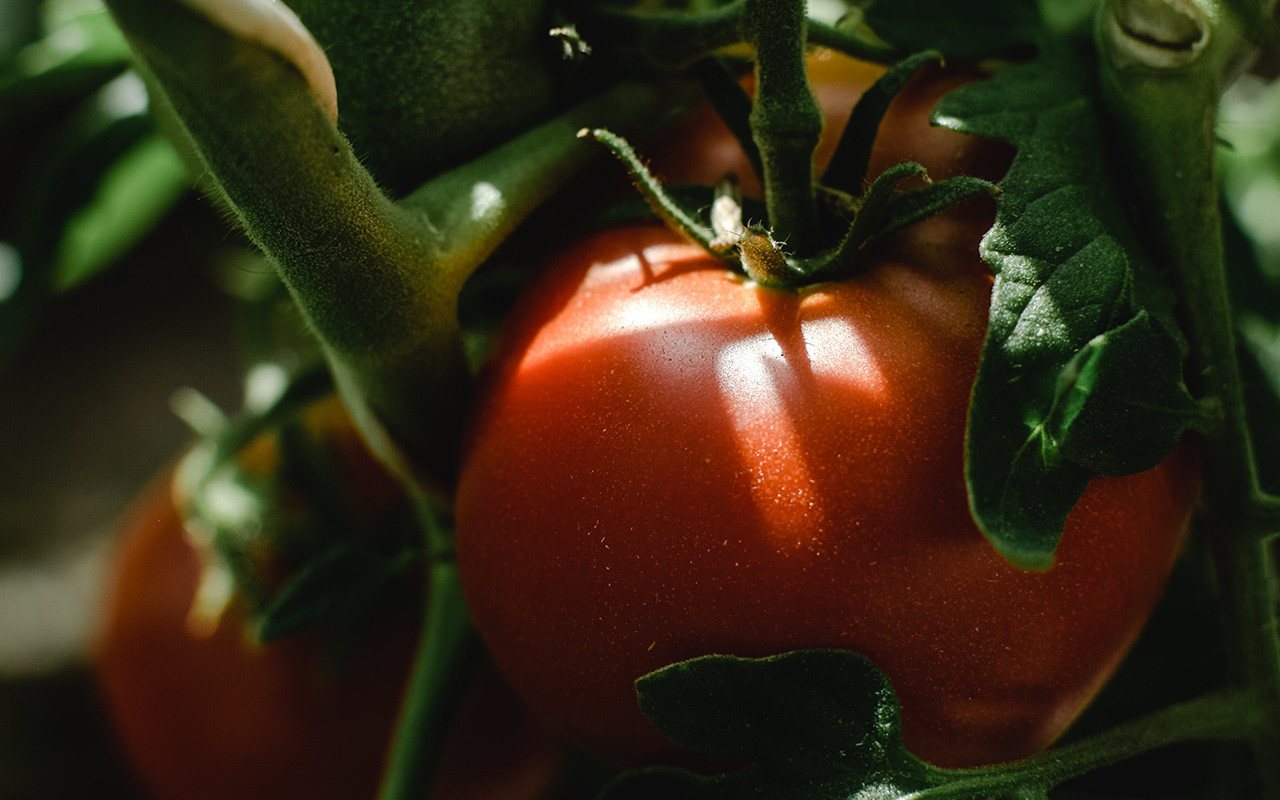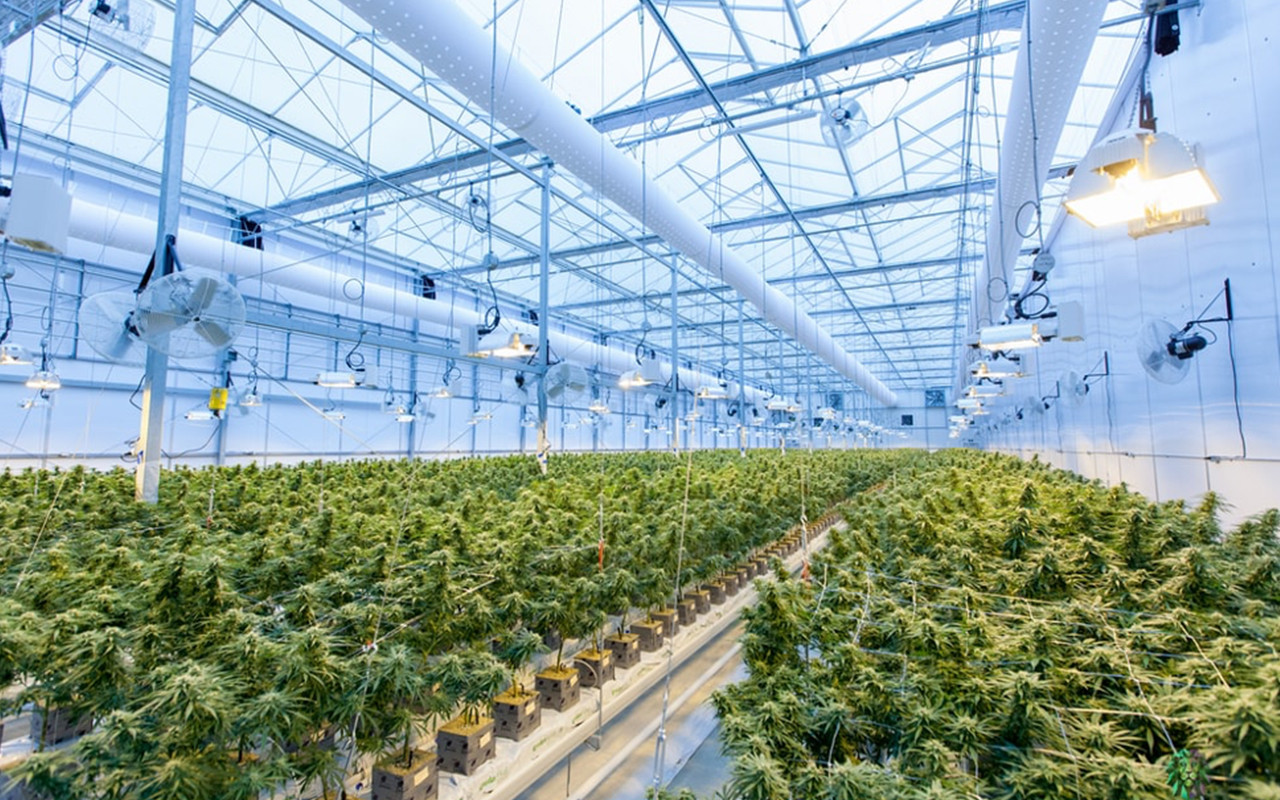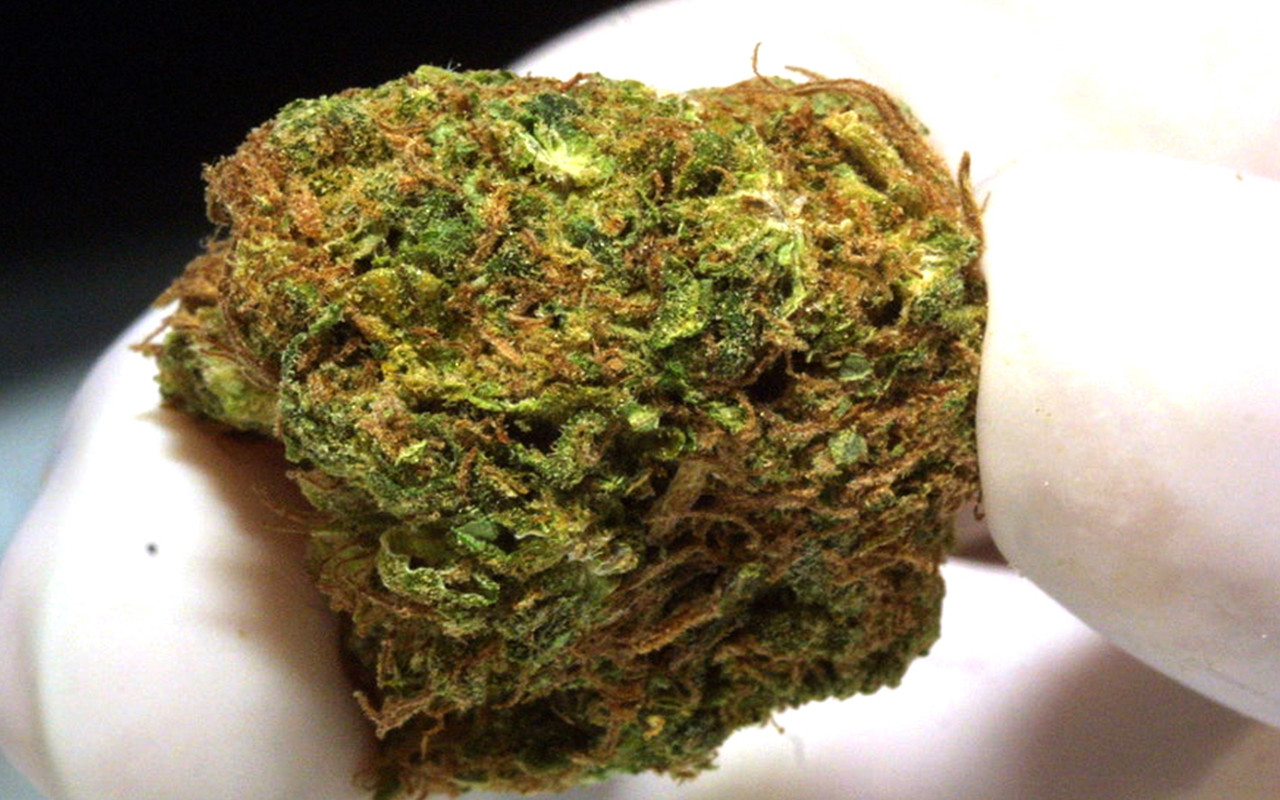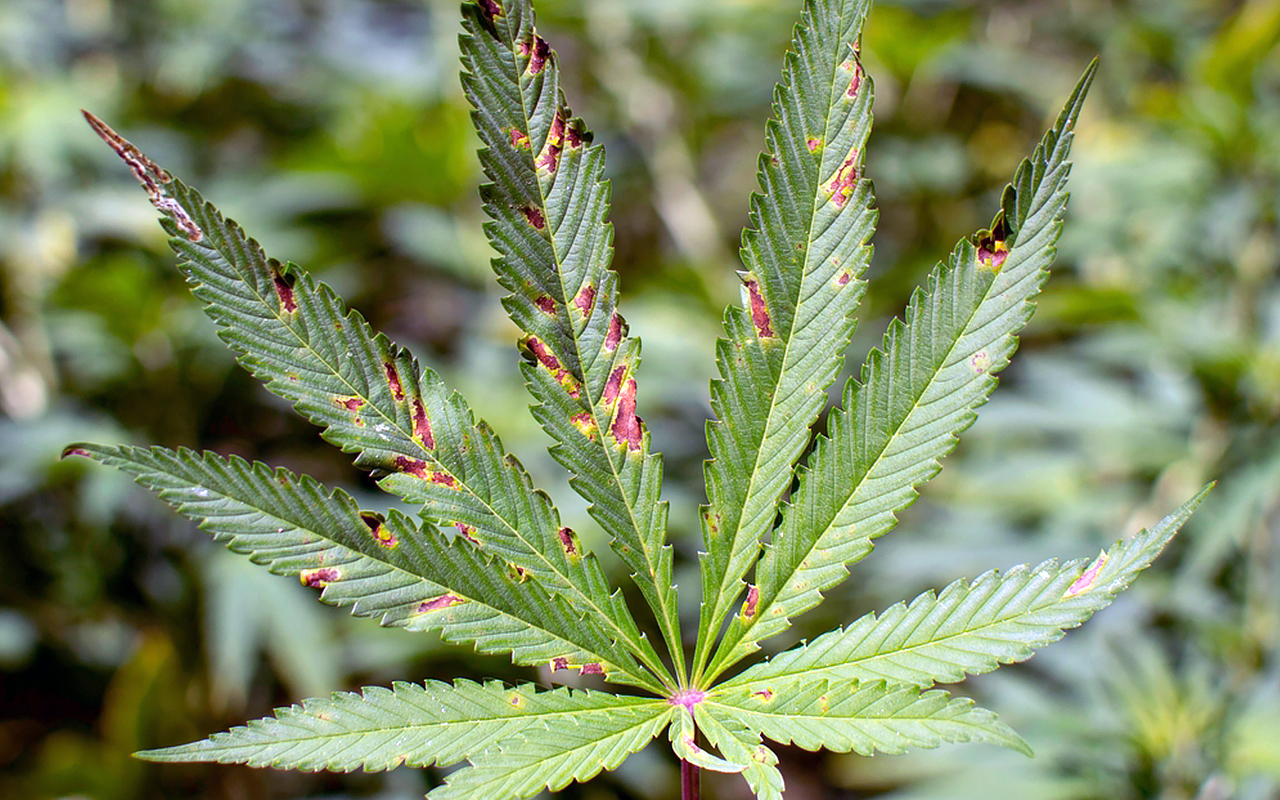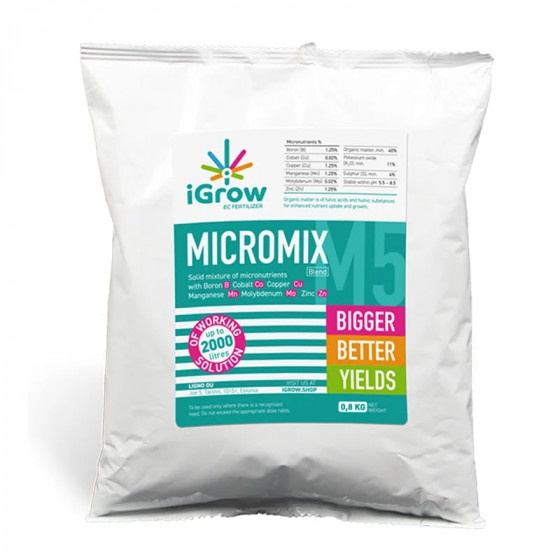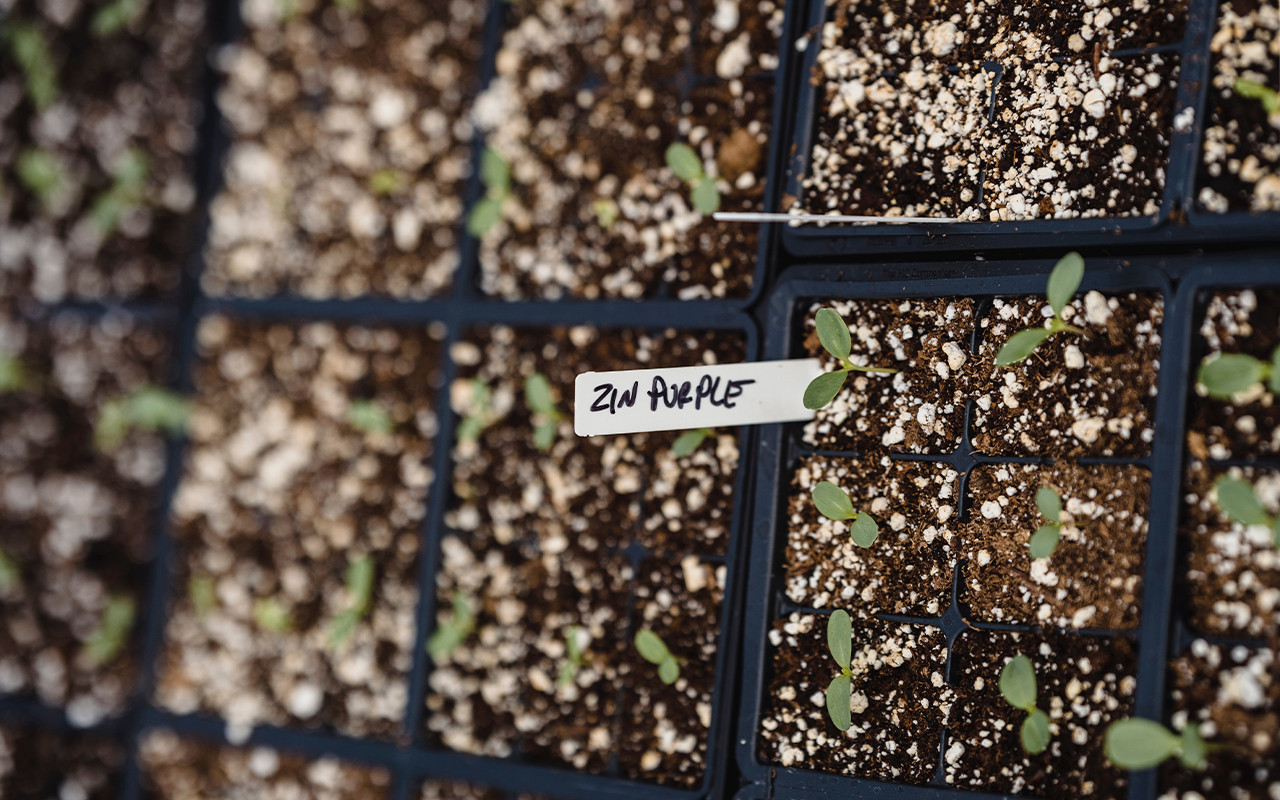
How Do You Know Which Fertilizer To Use?
How fertilizers work in the soil to help plant growth?
As the first line of defense against nutrient depletion, fertilizers help replenish essential nutrients to the soil. They provide three major elements that are crucial for plant growth: nitrogen, phosphorus, and potassium.
Nitrogen
The first of the three main ingredients, nitrogen is very important for plant growth. It is used to build proteins, which are the building blocks for all cells in plants. Nitrogen also aides with leaf and stem production.
Phosphorus
Phosphorus is an important nutrient that stimulates root development and hardiness in plants. It is also important for blooming and fruiting plants.
Potassium
The last of the three main ingredients, potassium aids with water regulation in plants. This nutrient can help regulate transpiration rates, photosynthesis, and enzyme activity.
What types of fertilizers are there on the market?
There are many different types of fertilizers on the market, and it can be confusing to know which one to choose. Your local nursery or gardening store can help you figure out what type of fertilizer is best for your needs. They will be able to suggest a basic plant food, organic compost, or another type of fertilizer that is perfect for your plants.
Compost
Compost is a type of fertilizer that is made up of organic materials, such as leaves, grass clippings, and food scraps.
Manure
Manure is a type of fertilizer that is made up of animal waste.
Bone meal
Bone meal is a type of fertilizer that is made from the bones of animals. It is high in phosphorus, which helps plants to grow strong and healthy.
Blood meal
Blood meal is a type of fertilizer that is made from the blood of animals. It is high in nitrogen, which helps plants to grow green and healthy.
Seaweed extract
Seaweed is an important component in organic farming, since it is high in minerals and amino acids. It also contains natural growth hormones.
Ammonium sulfate
Ammonium sulfate is a type of fertilizer that is high in nitrogen. Some common crops that have a high nitrogen removal are corn, soybeans, and alfalfa.
Potassium chloride
Potassium chloride is a type of fertilizer that is high in potassium. Some common crops that have a high potassium need are tomatoes, potatoes, and citrus fruits.
Monoammonium phosphate
Monoammonium phosphate is a type of fertilizer that is high in phosphorus. Phosphorus helps plants to photosynthesis, produce seeds, and resist disease.
Urea
Urea is a type of fertilizer that is high in nitrogen. Urea is also very affordable, which makes it a popular choice for farmers.
Fertilizer application tips
When it comes to fertilizing your plants, there are a few things you need to keep in mind. Here are some tips and tricks on how to get the most out of your fertilizer:
Apply fertilizers early in the morning or late in the evening, when the sun is not as strong. This will help to prevent the fertilizer from burning the leaves of your plants.
Water your plants before you apply fertilizer, so that the roots can absorb the nutrients more easily.
Apply fertilizer in a circular pattern around the base of your plants. This will help to ensure that the fertilizer is distributed evenly.
Follow the instructions on the label carefully. Each type of fertilizer has different requirements, and not following them could damage your plants.
Be patient! It can take a few weeks for the fertilizer to work
The importance of using organic products on your plants
While organic products are more expensive than conventionally grown produce, there are many reasons why they are worth the extra cost.
Organic farming is more labor-intensive than conventional farming, and it also requires more time for crops to mature. This is because organic farmers do not use chemical pesticides or fertilizers, which kill insects and speed up the growth of plants.
There are many people who believe that organic products taste better than conventionally grown produce. However, there is no scientific evidence to support this claim. In fact, a study by the University of California-Davis found that people could not tell the difference between organic and conventional tomatoes when they were blind taste tested.
Organic farming is more about the environment than it is about taste. However, despite their high cost, people buy them since organic goods are cultivated without the use of hazardous pesticides and chemicals.
Organic farming is becoming more and more popular, and as the demand for organic products continues to grow, so does the demand for organic crops. In the long run, we can expect to see even more farmers making the switch to organic.
In Conclusion
There are many different types of fertilizers that are made for many different purposes, so it's important to consult your local nursery or gardening store for help. They will be able to suggest the right type of fertilizer for your needs-whether it is a basic plant food, organic compost, or something else! Organic farming also has its place in society and has many benefits over conventional farming. The extra cost is often worth it in the end!







